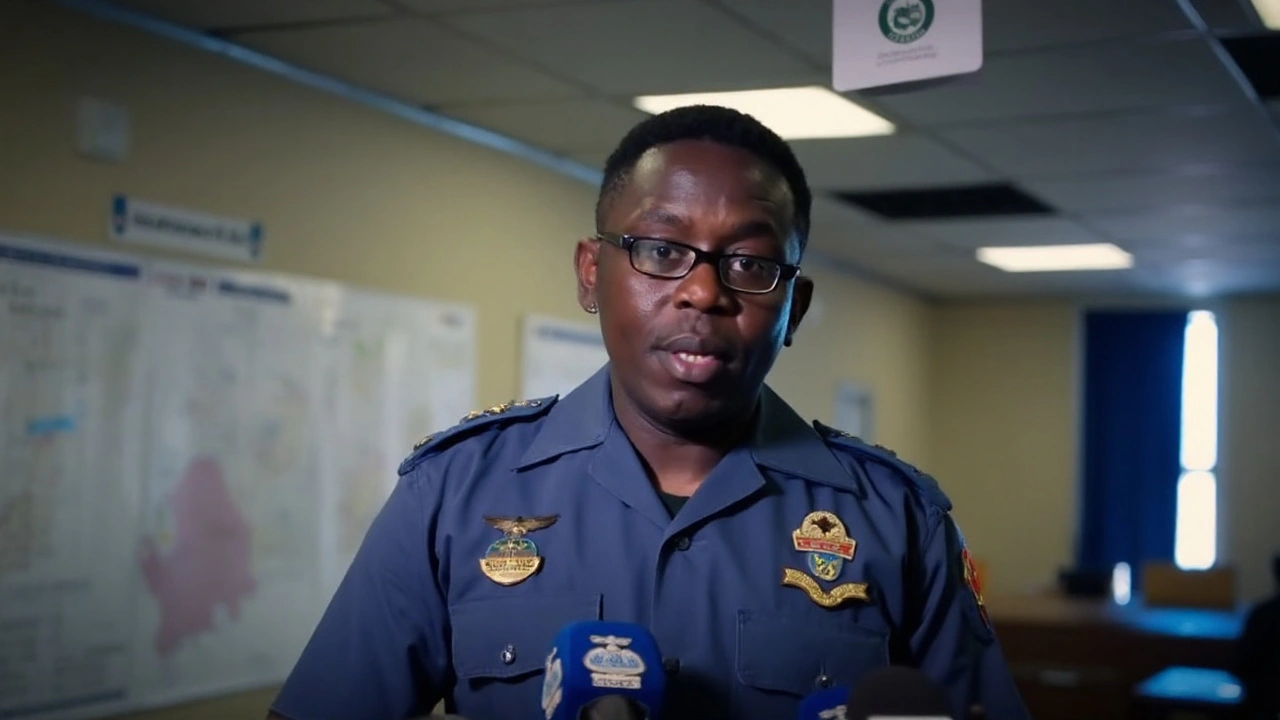Police Corruption in Africa – What’s Happening Right Now
Police corruption isn’t a distant problem; it shows up in headlines every week. From officers taking bribes to cover‑ups of serious crimes, the fallout hurts ordinary people and erodes trust in law enforcement. If you live in Kenya, Nigeria, South Africa, or any other African country, chances are you’ve heard a story about a busted officer or a scandal that made the news.
Why does it matter? Corrupt police can turn a simple traffic stop into a money‑making scheme, protect criminals, and silence whistle‑blowers. The result is higher crime rates, slower justice, and a public that feels unsafe. In many places, the media is finally digging deep, exposing the links between powerful officials and the officers who do their bidding.
Recent High‑Profile Cases
One of the biggest stories this year involved Kenya’s Deputy Inspector General Eliud Lagat. After blogger Albert Ojwang died in police custody, Lagat resigned amid public outrage. The case highlighted how accusations of corruption can quickly turn deadly when the police try to silence critics.
South Africa’s anti‑corruption unit recently uncovered a network of officers selling fake traffic tickets to motorists in Gauteng. The scheme cost drivers thousands of rand and showed how simple extortion can become an organized operation.
In Nigeria, a federal audit revealed that some police officers were colluding with local politicians to divert seized assets into private accounts. The money was meant for community development but vanished into offshore accounts instead.
These examples are not isolated. Across the continent, journalists are reporting on similar patterns: bribery for missing reports, protection of illegal mining operations, and intimidation of witnesses. Each case adds pressure on governments to act, but change is slow.What’s encouraging is that civil society groups are stepping up. NGOs in Kenya are training citizens on how to document police abuse, while in Ghana, a new hotline lets people report misconduct anonymously.
How Citizens Can Help Stop Corruption
Feeling powerless? You can still make a difference. First, keep a record. If an officer asks for a bribe, write down the badge number, time, and location. A photo or video (if it’s safe) can become solid evidence.
Second, use official channels. Many countries have police oversight bodies or ombudsmen. Submit your report online or in person, and ask for a case number so you can follow up.
Third, support local watchdog groups. They often need volunteers to monitor court cases or help with community outreach. Your time can amplify their impact.
Lastly, stay informed. Follow reliable news sites, like Ancient Earth News, that publish up‑to‑date stories on police corruption. Knowing the latest developments helps you spot patterns and speak out when you see something off.
Police corruption is a tough battle, but every report, every shared story, and every demand for accountability chips away at the problem. By staying alert and using the tools available, you can help push toward a safer, fairer system for everyone.
KZN Police Chief Leads First Testimony at Madlanga Commission, Blasts Police Minister
On September 17, 2025, KwaZulu‑Natal Police Commissioner Nhlanhla Mkhwanazi opened the Madlanga Commission of Inquiry with explosive claims of corruption inside SAPS. He accused Police Minister Senzo Mchunu of colluding with criminal syndicates and of unofficially orchestrating the disbandment of the Political Killings Task Team. The commission pledged an impartial probe, offering all parties a chance to present counter‑evidence. The hearing marks a pivotal step in addressing alleged political interference in South Africa’s justice system.
READ MORE
